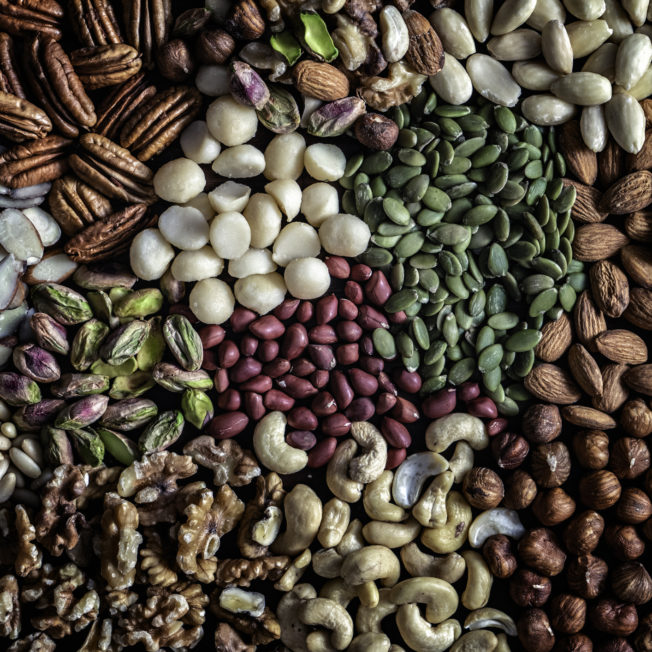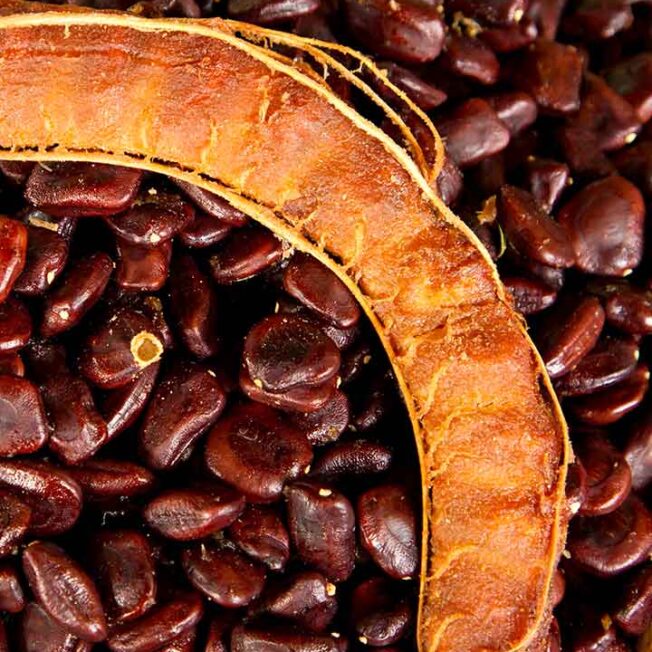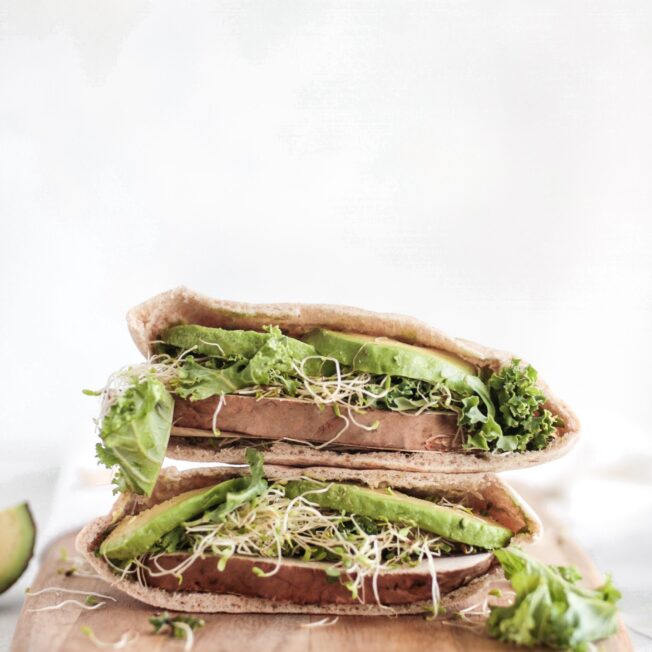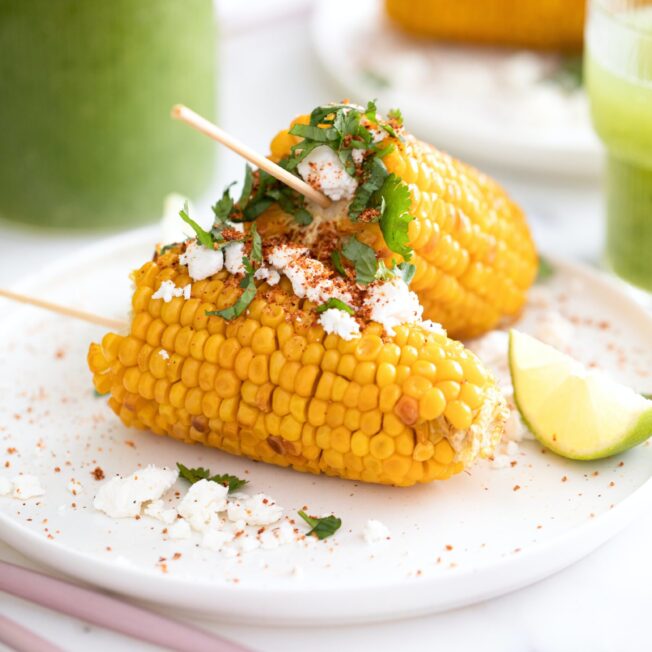You’ve probably eaten mold before. And liked it. That’s not as strange as it sounds — plenty of the foods we consider to be delicacies are positively covered in the stuff. Like fancy cheese, for example: Danish blue cheese, brie, and camembert all have “moldy” rinds that only serve to make them more delicious. But there are some types of mold that are dangerous to consume, and (surprise, surprise), they’re hiding in plain sight in your pantry.
Many types of nuts, including peanuts, pecans, walnuts, and almonds, may actually harbor mold — or, more specifically, mycotoxins, which are toxins produced by certain strains of fungi. Mycotoxins have the word toxin built right in, so to state the obvious, they’re not great for you. These molecules don’t get expelled through the digestive system like most foods; they actually absorb into the digestive tract and enter the circulatory system, where they start wreaking havoc. There are two main ways they affect the human body: They can cause chronic inflammation, or they can impair your digestive system.
Some nuts that contain mycotoxins include:
Peanuts
Almonds
Pistachios
Brazil Nuts
Walnuts
Hazelnuts
Pecans
There’s good news, though: You can totally keep eating raw nuts. It’s relatively easy to neutralize the effects of mycotoxins before you consume your afternoon snack since, unlike bacteria, mycotoxins aren’t alive. They key is soaking and dehydrating the nuts before you eat them. This effectively breaks down the mycotoxins so they’re no longer toxic.
To soak, pour the nuts into a bowl or jar and cover in purified spring water. Let sit for at least two hours (lots of people love to do this overnight, too). Once that step is complete, dehydrating the nuts — 115° for eight hours is recommended — helps to prevent future fungi growth. Don’t skip it!
Sure, this process may take some extra time and effort… but when you think of all the digestive issues and inflammation you’re cutting down on, it’s so worth it.




















